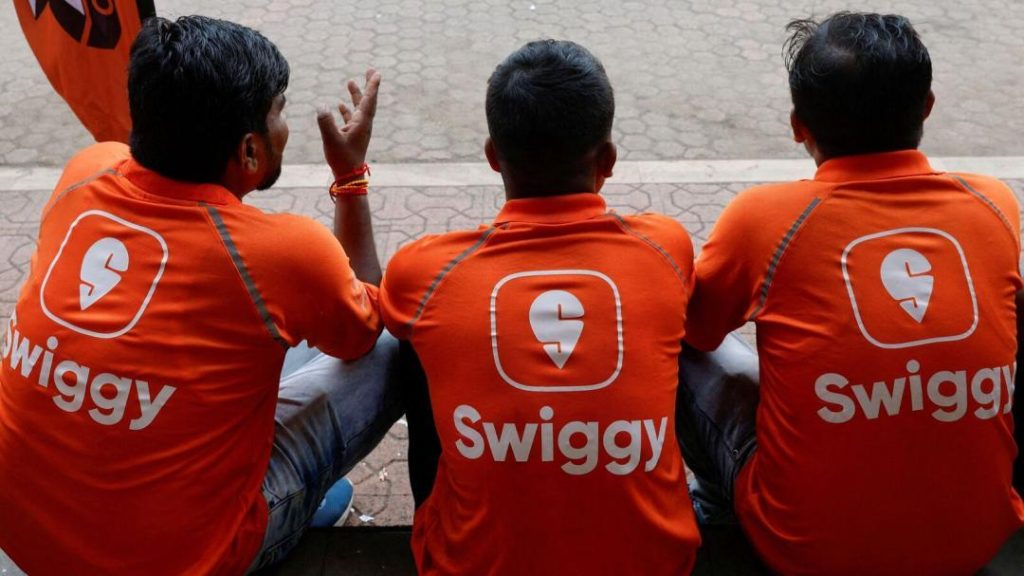
Swiggy Faces ₹158 Crore Tax Demand Over Cancellation Fees
The online food delivery platform, Swiggy, has been slapped with a massive tax demand of ₹158 crore for the financial year 2021-22. The Bengaluru-based company has been asked to pay this enormous amount as taxes for allegedly violating tax provisions related to cancellation charges paid to merchants. Swiggy has already announced its plans to appeal against this demand, claiming that it stems from a misunderstanding of tax provisions.
The tax demand, which amounts to a staggering ₹158 crore, is a significant blow to Swiggy’s finances. The company has been growing rapidly and has recently expanded its services to new cities and introduced new features. However, this tax demand could impact its plans and profitability in the near future.
According to sources, the tax demand is related to the cancellation fees that Swiggy charges to customers when they cancel their orders. The company claims that these cancellation fees are paid to merchants, who are responsible for delivering the food to customers. However, the tax authorities have argued that these cancellation fees are actually a part of Swiggy’s revenue and should be taxed accordingly.
Swiggy has maintained that the tax demand is unfair and that it is not responsible for the cancellation fees. The company has also argued that the tax authorities have misunderstood the tax provisions and are imposing a tax that is not applicable in this case.
The tax demand has raised several questions about the taxation of cancellation fees in the digital economy. Experts suggest that this case may set a precedent for how these fees are taxed in the future. The tax authorities have been tightening their grip on the e-commerce sector, and this demand is seen as a significant step in that direction.
The e-commerce industry in India is growing rapidly, and the tax authorities are keen to ensure that these companies pay their fair share of taxes. In recent years, the tax authorities have taken several steps to tighten their grip on the e-commerce sector, including increasing the tax rates and imposing new taxes.
The cancellation fee tax demand is just the latest example of the tax authorities’ efforts to increase their revenue from the e-commerce sector. The tax authorities have also been targeting other e-commerce companies, including Flipkart, Amazon, and Paytm, for alleged tax violations.
Despite the tax demand, Swiggy has continued to expand its services and has recently launched new features, including a new food delivery service and a new payment system. The company has also invested heavily in its technology and has partnered with several restaurants and merchants to increase its offerings.
The tax demand has raised concerns among investors and customers about the company’s financial health and its ability to pay its taxes. However, Swiggy has maintained that it has sufficient funds to pay the tax demand and that it will not impact its operations.
The case has also raised questions about the tax treatment of cancellation fees in the digital economy. Experts suggest that the tax authorities should provide clarity on this issue to avoid similar disputes in the future.
In conclusion, the tax demand on Swiggy is a significant development in the e-commerce sector, and it may set a precedent for how cancellation fees are taxed in the future. The case highlights the need for the tax authorities to provide clarity on the tax treatment of cancellation fees and to ensure that e-commerce companies pay their fair share of taxes.
Source: https://ascendants.in/industry_events/swiggy-rs-158-crore-tax-demand/






